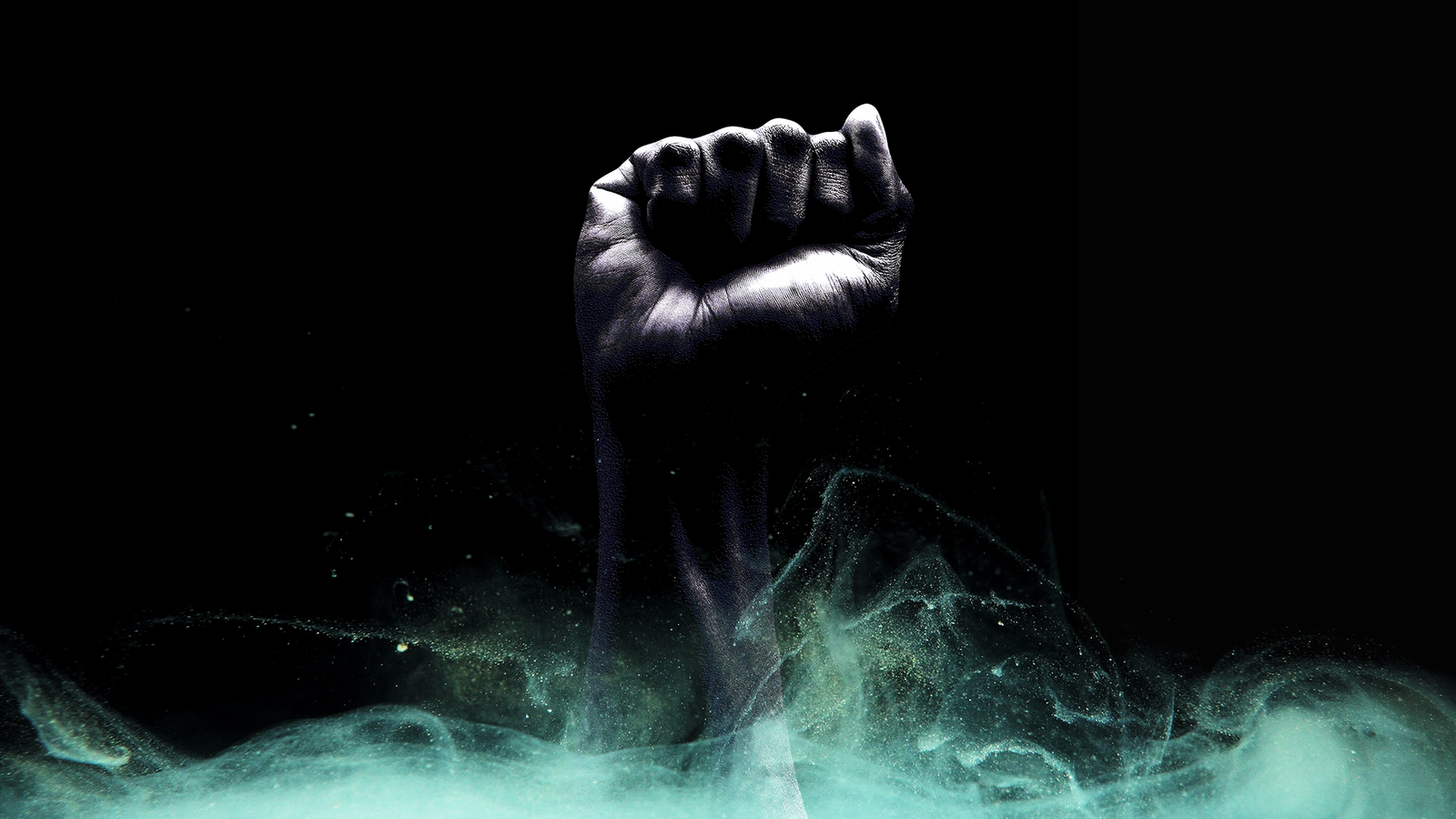– Ghazanfar Ayyubi (B.Tech. Mechanical)
Islam wants the youth as a symbol of strength and power. It wants them to show their strength in every field. The age of adolescence and the world of youthful vigor in which a person has immense strength and power and excessive vitality, the spark of lust and desires that flow in the human body in the state of youth; is of great value if used in a rightful way rather than falling prey in the trap of shaytan.
The Prophet ﷺ repeatedly pointed out that youth should be molded into a pure and clean form. Therefore, the young man is specially mentioned among the seven people under the shadow of the Throne of Allah on the Day of Judgment. Similarly, in another place, the Prophet ﷺ said: Take five things as blessings before five things. One thing in this regard is: “take the state of youth as a blessing before old age.”
The stage of youth should be considered as the golden opportunity of life because a person is fully healthy and full of all kinds of activities and vitality in the days of youth. One should concentrate and perform good deeds as well as acquire knowledge and participate in various fields of life and spend it for the sake of keeping the word of Allah supreme. Whether it is the story of clashing with the great powers of the time or saying the word of truth in front of the tyrant ruler, the story of running horses on the seas or the story of burning boats, the conquests of Sindh and India, or the promises of recovery of Al-Aqsa; this is due to the youth who have proved the people of falsehood to be false and the people of truth to be true in every age.
Maulana Maududi writes in the commentary of verse 83 of Surah Yunus; “But no one believed in Musaع except a few youths of his people while fearing that Pharaoh and their chiefs might persecute them. And certainly, Pharaoh was a tyrant in the land, and he was truly a transgressor”.
Surah Yunus Footnote: 78; the text uses the word ذُرِّيَّۃٌ, which means offspring. We have translated it as “young”. But what the Qur’an wants to convey with the use of this special word is that in this perilous time, only a few boys and girls dared to support the truth and accept the pioneer of truth as their guide, except mothers and fathers. The elderly people of the nation did not get the benefit of it. They were so obsessed with expediency and worldly pursuits that they were not willing to give up the right which seemed to them to be in danger.
This is especially evident from the seerah that among the population of Makkah, those who came forward to support Muhammad ﷺ were not the old men of their tribe, but a few brave ones who were young. The early Muslims were all young people like- Ali ؓIbn Abi Talib, Ja’farTayyar ؓ, Zubair ؓ, Talha ؓ, Saad ؓbin Abi Waqas, Musab bin Umayr ؓ, Abdullah bin Masood ؓwere less than 20 years old at the time of conversion to Islam. Abdur-Rahman bin Awf ؓ, Bilal ؓ, Suhaib ؓwere between the ages of 20 and 25 years. Abu Ubaidah ibn al-Jarrah ؓ, Zayd ibn Haritha ؓ, Uthman ؓ ibn Affan and Umar Farooq ؓ were between the ages of 30 and 35 years. Abu Bakr Siddiq ؓwas older than them all but he was not more than 38 years. We find the name of only one Companion who was older than the Prophet ﷺi.e. Hazrat Ubaidah bin Haritha ؓ.There was probably only one Sahabi of the same age in the whole group, namely Ammar bin Yasir ؓ.
Abdul Aziz Salafi writes in his book “Aks-e-Rah” (the story of the first great student movement of Muslim students) that “The role of youths has been very important in the revolutions of the world. There is no denying in the leadership insight of the elders but it is the youth who have always dared to face the enemy and to be brave in the face of difficulties. It is the feet of young people who are determined to walk with confidence, regardless of the hot sand and the blazing flames.”
The pages of history bear witness as to how young people have performed feats with the strength of their arms. Let us resolve that we too will be the advocates of the great struggle waged by the Messenger of Allah ﷺ. InshaAllah


Mashallah Nicely explained